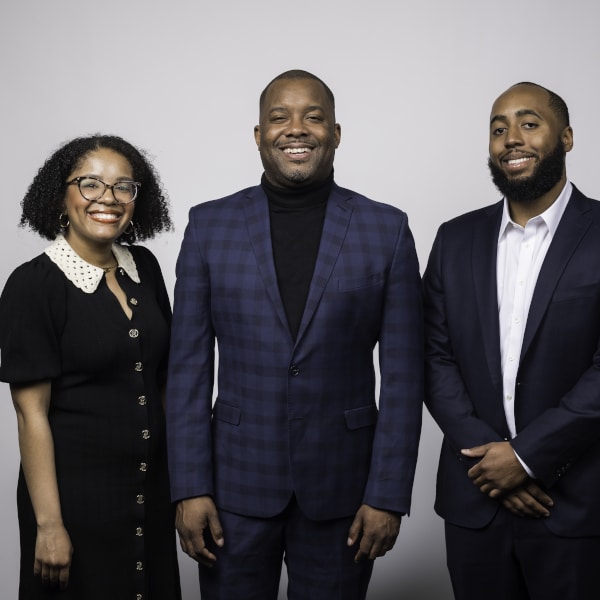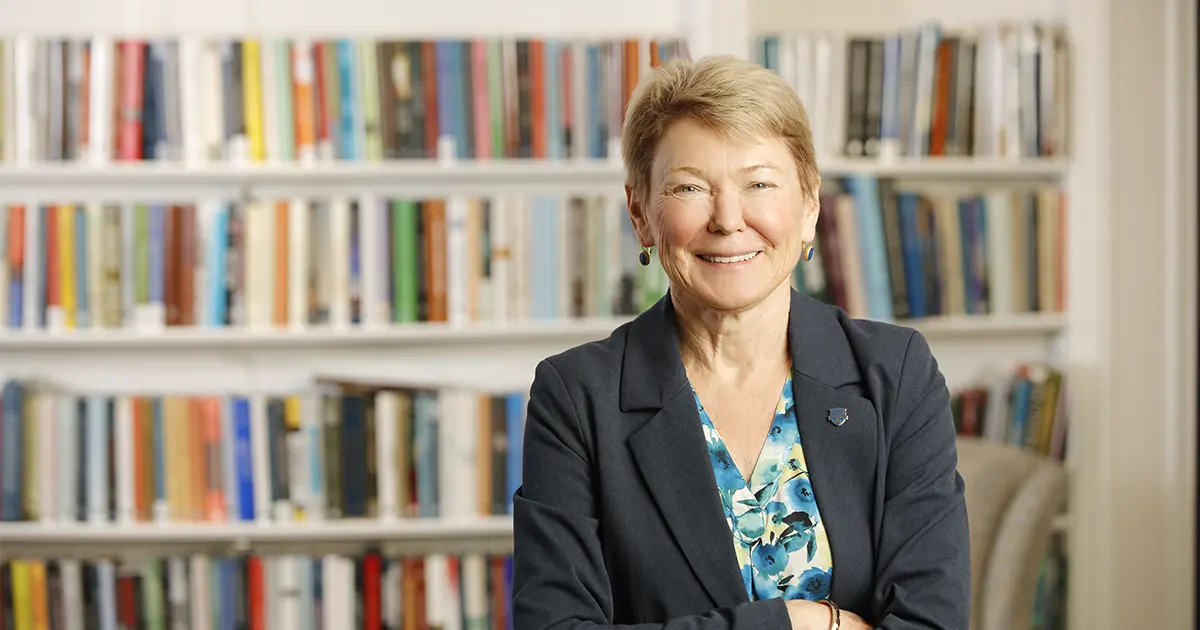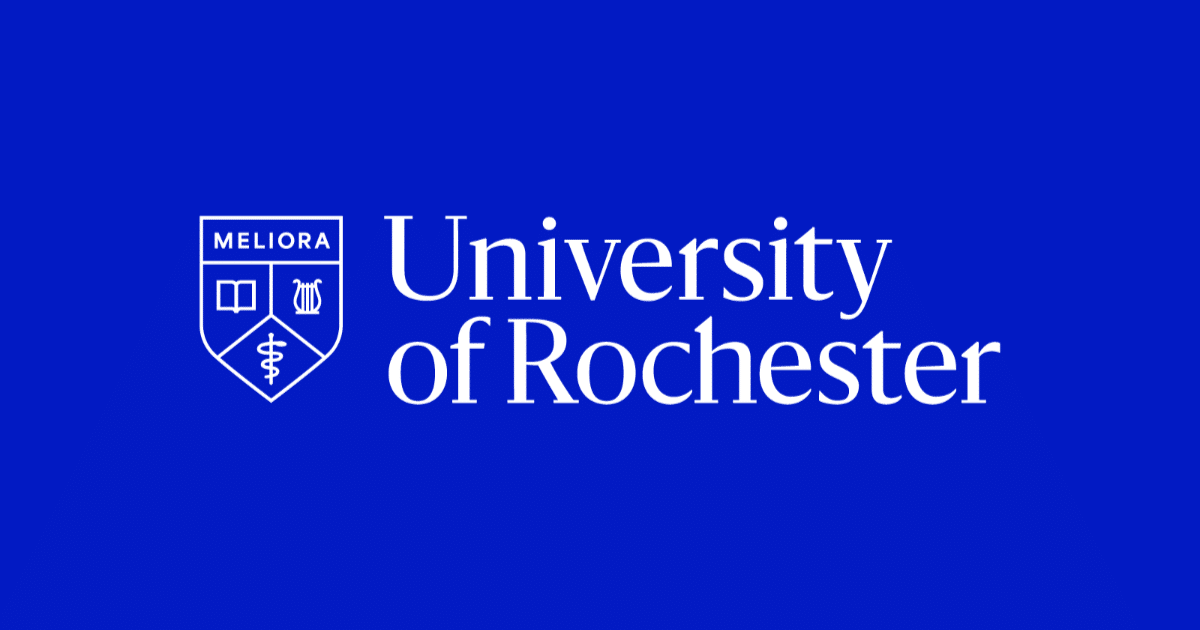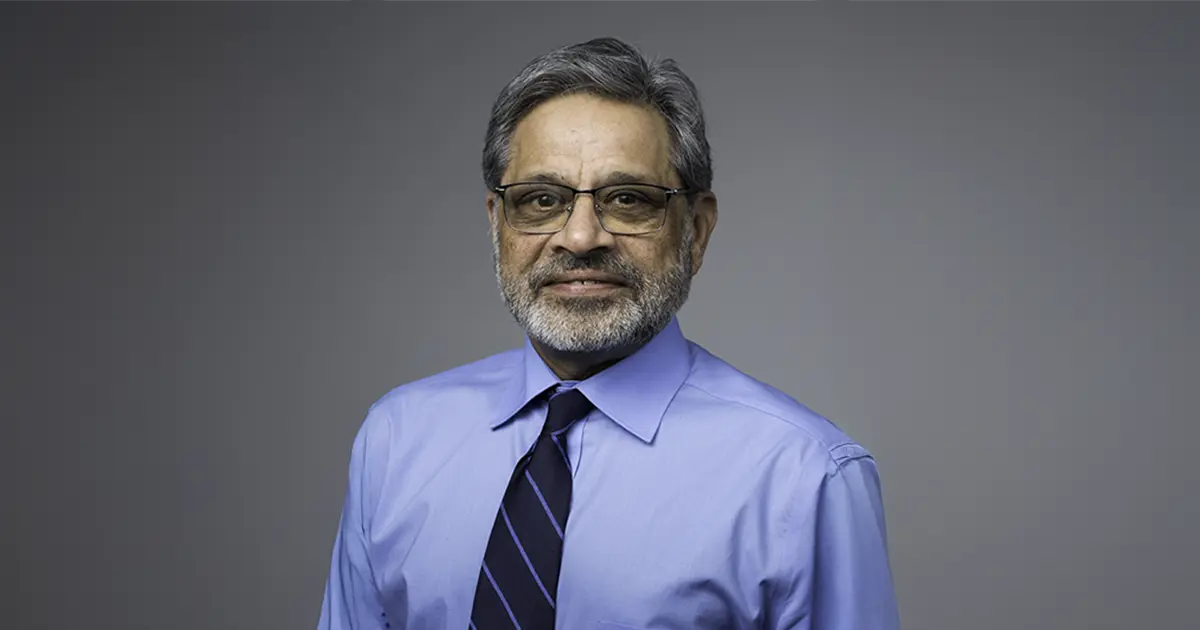A ‘shining light’ for the future
Many of today's most pressing societal challenges stem from longstanding unfairness and unequal treatment. These conditions are reinforced by systemic prejudices, discriminatory policies, and further intensified by the effects of climate change, war, and major health crises such as COVID-19. The result is a wide range of social and health gaps that shape access, achievement, and overall well-being across generations.
The University of Rochester aims to be a force for positive change drawing on its strengths in policy, theory, and practice spread across the River Campus and Medical Center. For example, at the School of Arts & Sciences, the Rochester Education Justice Initiative is using education as a transformative force on the lives of incarcerated individuals by administering rigorous degree progress and creating pathways to continuing higher learning. At the School of Medicine and Dentistry, the biopsychosocial model nurtures an approach to medical education and practice that emphasizes the importance of treating the entire person, factoring in the biological, psychological, and social factors that may be contributing to their health. And it's been almost a year since Rochester underscored the importance of Black studies.
Advancing Black studies and research
Last October, we announced the establishment of the Department of Black Studies. Now, formally part of the Frederick Douglass Institute, the department will help advance the institute's legacy for African and African American studies and research.
"The University of Rochester joins the community of institutions that embrace Black life, Black culture, and Black issues as very serious subjects of academic study," said President Sarah C. Mangelsdorf. "This is an important and necessary step as we work toward being a global research university of the future."
David Figlio called the addition of the new department a "shining light" in reference to how Rochester can reach its full potential as a research university.
Ahead of the 2023–24 academic year, the department appointed its first two full-time faculty members: assistant professors Jordan Ealey and Philip V. McHarris.
Ealey is a scholar-artist whose research—with particular attention to theatre and performance—explores Black feminist creatives. McHarris focuses his research on racial inequality, housing, and policing.
"Professors Ealey and McHarris offer much-needed intellectual interrogations of the health and wellness of Black people and communities in a world of anti-Black, white supremacist patriarchy," says Jeffrey McCune Jr., the Frederick Douglass Professor and the director of the Frederick Douglass Institute.
Investing in a future of Boundless Possibility
Being a global research university of the future, reaching our potential—these are primary concerns of Boundless Possibility, the University's new strategic plan. Part of this commitment means new investments in the Department of Black Studies to help put Rochester at the center of national and global conversations while also making it a destination for scholars and students working to understand the broader diaspora.
To learn more about our work in this area, check out "Just and Equitable Societies" within our Areas of Distinction
goal addressed
Related updates
President Sarah Mangelsdorf reflects on the University of Rochester’s strong progress, campus growth, and resilience heading into 2025–26.
The refreshed brand builds on the University’s 175-year legacy while spotlighting its vision and values.
Rochester’s interim vice provost explains how global challenges require united, university-wide efforts for global engagement success.









